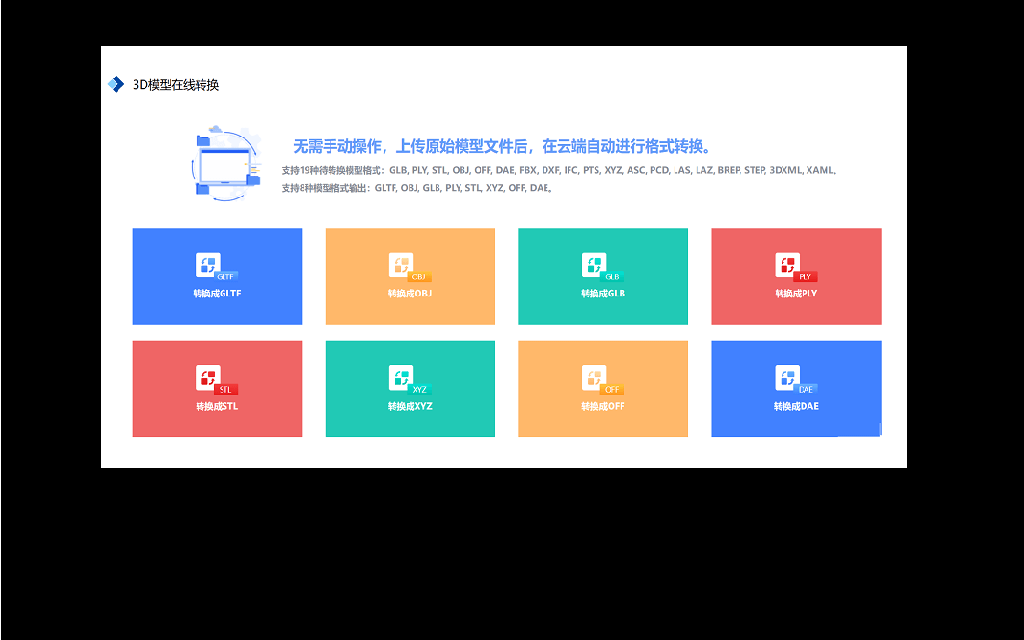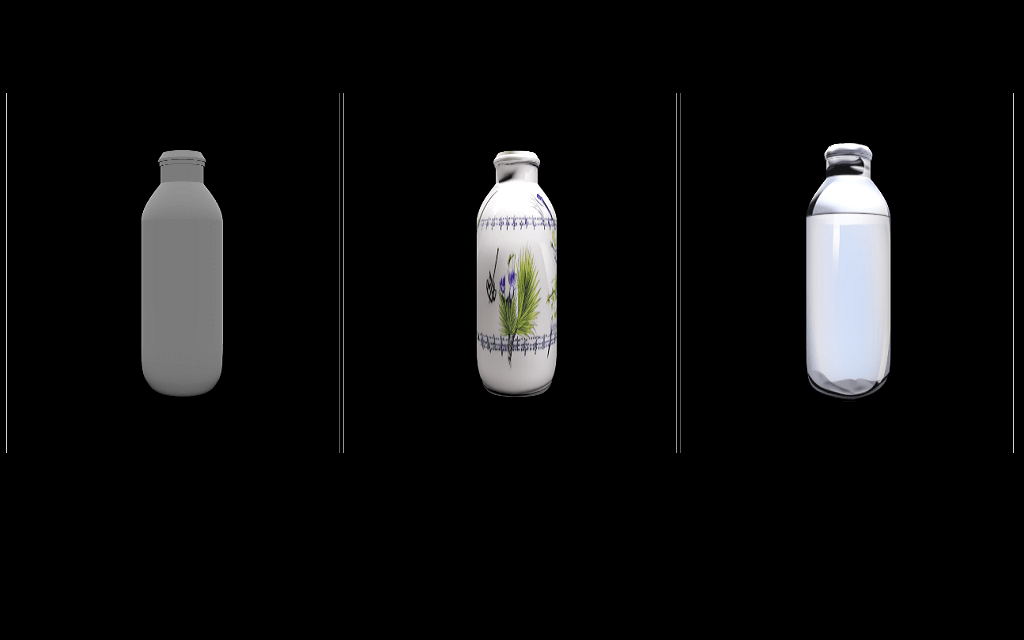Model Details
Abstract
Large language models (LLMs) demonstrate remarkable ability to comprehend, reason, and generate following nature language instructions. However, the development of LLMs has been primarily focused on high-resource languages, such as English, thereby limiting their applicability and research in other languages. Consequently, we present PolyLM, a multilingual LLM trained on 640 billion (B) tokens, avaliable in two model sizes: 1.7B and 13B. To enhance its multilingual capabilities, we 1) integrate bilingual data into training data; and 2) adopt a curriculum learning strategy that increases the proportion of non-English data from 30% in the first stage to 60% in the final stage during pre-training. Further, we propose a multilingual self-instruct method which automatically generates 132.7K diverse multilingual instructions for model fine-tuning. To assess the model's performance, we collect several existing multilingual tasks, including multilingual understanding, question answering, generation, and translation. Extensive experiments show that PolyLM surpasses other open-source models such as LLaMA and BLOOM on multilingual tasks while maintaining comparable performance in English.
Model Description
The only difference between this model card and polylm-13B is that it includes finer grained shards.
Citation
BibTeX:
@misc{wei2023polylm,
title={PolyLM: An Open Source Polyglot Large Language Model},
author={Xiangpeng Wei and Haoran Wei and Huan Lin and Tianhao Li and Pei Zhang and Xingzhang Ren and Mei Li and Yu Wan and Zhiwei Cao and Binbin Xie and Tianxiang Hu and Shangjie Li and Binyuan Hui and Bowen Yu and Dayiheng Liu and Baosong Yang and Fei Huang and Jun Xie},
year={2023},
eprint={2307.06018},
archivePrefix={arXiv},
primaryClass={cs.CL}
}


